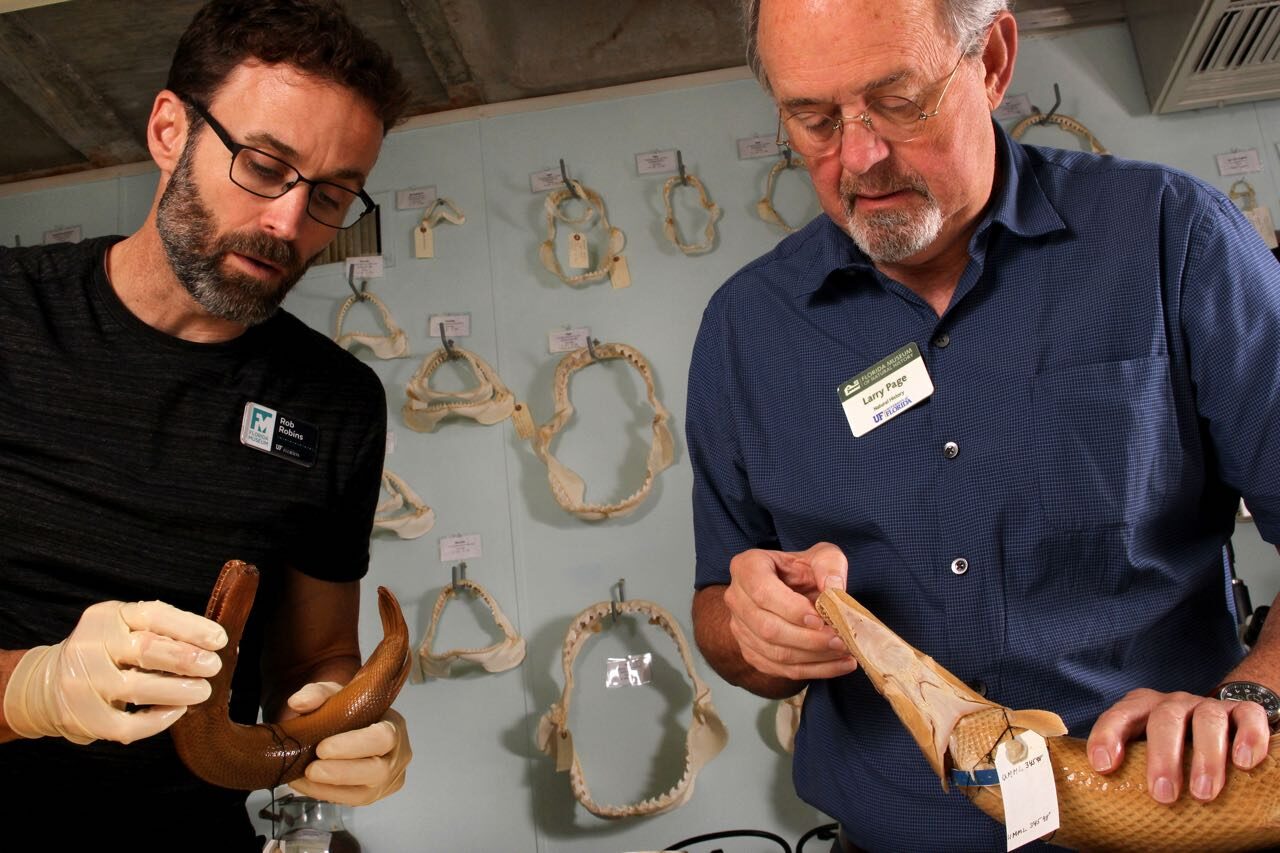Starting 1 January 2011, natural history specimens shipped via commercial air will no longer be classified as “dangerous goods.â€Â The new policy, issued by the International Air Transport Association (IATA), also removes a requirement for shippers to be formally trained in how to package scientific specimens; instead the shipper can train themselves.
These special provisions, known as “A180†in the 52nd edition of the IATA Dangerous Good Manual, should enable researchers and collections curators to ship specimens more easily, as well as expand the list of countries which these materials can be sent to or from.
Andrew Bentley, Ichthyology Collection Manager at the University of Kansas’ Natural History Museum & Biodiversity Institute, was an integral player in representing the collections community to IATA. According to Bentley, the major air shipping companies (DHL, FedEx, and UPS) have indicated that they will accept packages that meet the A180 guidelines. FedEx previously barred the shipment of dead animals.
In order to qualify for the exemption, specimens must be placed in three layers of heat-sealed bags and contain no more than 30 mL of free liquid. Additionally, scientific specimens will still not be allowed in carry-on or checked luggage.

